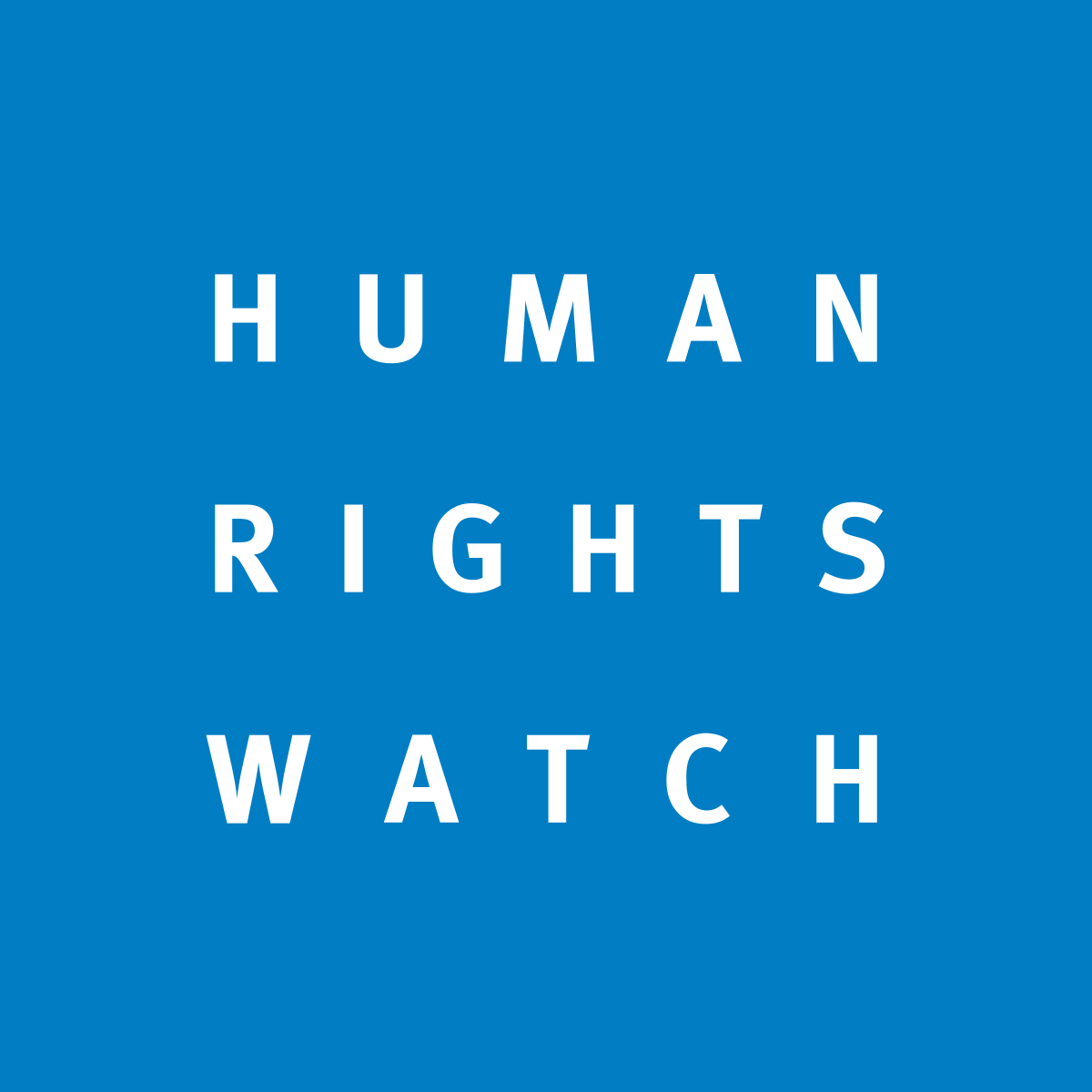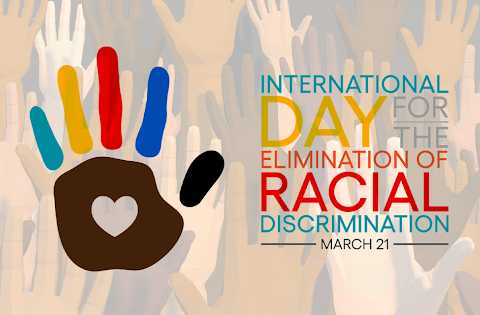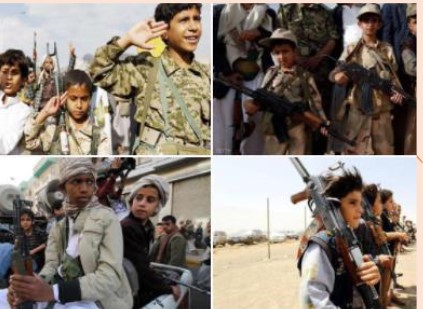Press Release
—————————————————————————————–.
The Forum for Development and Human Rights Dialogue issued a report on Wednesday titled “Impact of Poverty on Education in Turkey”, prepared by the researcher of the Counter-Terrorism Watch, Shawkat Al-Kilani.
The report drew attention to the fact that education in Turkey is witnessing a significant decline under the government of the ruling Justice and Development Party led by Turkish President Recep Tayyip Erdogan due to the interest and concern of the ruling authority in Turkey on external matters rather than focusing on its internal affairs in addition to the worsening economic conditions in the country.
According to the report, the data indicates that Turkey’s ranking in the education quality classifications for scientific materials has declined, with 8 positions down from three years ago to rank as the 50th out of 78 countries, which is contrary to Erdogan’s repeated statements about his intention to move the Turkish economy to the top 10 economies in the world.
The report issued by the Forum on the impact of poverty on education in Turkey discussed several important topics, the most important of which were:
- The Economic Crisis in Turkey and Its Impact on Poverty:
According to the report, Turkey has retained its place among the world’s most miserable countries this year, the same as in 2019, which is the 60th global ranking according to the revealed by the American “Bloomberg” agency.
The report indicated that the number of poor Turks could double by the end of this year to nearly 20 million, hampering the progress that had been made over decades, as well as deepening class and inequality in Turkish society, as a result of Erdogan’s wars in the region and the failure of the economic policies of his brother-in-law, Finance Minister Birat Albirak, as the Corona virus crisis accelerated the worsening of the country’s economic crisis.
- The Impact of Poverty on Different Stages of Education:
First: Poverty has affected the pre-university stage:
Concerning school attendance, the report stated that truancy occurred three to four times as much in poor areas, with the majority of absent students from the poor class.
The report also stated that the pressures experienced by children from a troubled home environment due to poverty and living conditions negatively affect the child’s learning and behaviour, so that it tends to direct this pressure to negative behaviour in school, and troubled social, academic and health capacity, which makes him distracted, unfocused and memory weak, in addition to his high chance of depression, and the reduction of his social and creative skills.
Children living in a poor environment are often highly stressed, resulting in lower IQ and cognition rates and a lack of social skills.
Second: The Impact of Poverty on Higher and University Education:
The report drew attention to the fact that the impact of the economic and monetary crisis on higher education will not have a short-term impact but will have negative effects on the economy for decades to come, and the plans it is working on for the economic renaissance must take these data into account.
- Distance education and its impact on poor students in Turkey
The report noted that the remote education system in its current form in Turkey has caused a wave of strong criticism of the government, as it does not take into account the conditions of poor students, who do not have the necessary techniques to follow their lessons remotely, such as computers, in addition to he fact that internet services do not reach their villages.
The report concluded with several recommendations, the most important of which were:
- The Turkish government should consider higher education as an investment sector, not a service sector, and the need to allocate specific and rapid financial support to rehabilitate higher education institutions.
- Working to develop the curriculum in various colleges in universities to suit the labour market.
- Inviting the private sector to participate in the education process.
- Working to increase the budget for scientific research, which leads to a higher level of technological progress.
- The actual application of the principle of justice in the distribution of opportunities and possibilities between public and private schools.
- Working to provide financial support to poor families with members of educational age and to be held accountable once they go to school.







